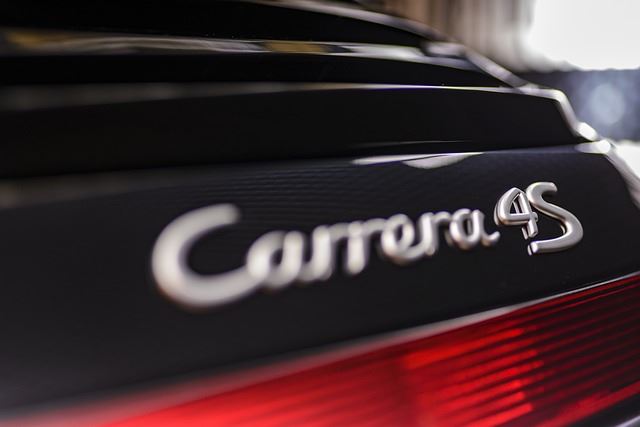Blog
- HOME
- Blog

The Versatility of Paintless Dent Repair for All Types of Vehicles
Introduction
If you've ever owned a car, you know that dents are a common occurrence. Whether it's from an accident or just general wear and tear, dents can be pretty hard to get rid of unless you want to paint the entire vehicle. However, there is another option: Paintless Dent Repair (PDR). This process removes dents from your car without having to repaint anything. It works on all types of vehicles and doesn't require any tools besides some glue or tape (depending on what type of dent)
Paintless Dent Repair (PDR) is a process that involves removing the dents on a car and repairing those dents without repainting the entire vehicle
Paintless Dent Repair (PDR) is a process that involves removing the dents on a car and repairing those dents without repainting the entire vehicle. The most common method for doing this is through hammering out small areas with a special tool called an Assisted Puller, but there are other methods as well.
The good news is that you can get your dent repaired at home with just a few tools and some practice! However, if you don't know what you're doing, it may take much longer than 30 minutes to an hour--so be sure to read up before trying anything yourself!
PDR is used on all types of vehicles
PDR is used on all types of vehicles. It's not just for cars, trucks and SUVs. In fact, the versatility of PDR can be seen in how it's used on all different types of vehicles:
- Cars
- Trucks
- SUVs
- Motorcycles
- Boats
In addition to being able to repair dents in these types of vehicles, PDR technicians are also able to use this technique on other surfaces such as metal doors and bumpers (for example) or even plastic bumpers (if they're made from fiberglass). The reason why this process works so well across so many surfaces is because there are no chemicals involved; instead, the technician uses pressure from his or her hands to push out any unwanted dents from their original location back into place.
Paintless Dent Repair works best on newer vehicles, or vehicles that have minor dents.
Paintless Dent Repair works best on newer vehicles, or vehicles that have minor dents.
If you're looking to get rid of dents in your car and don't know how to do it yourself, paintless dent repair may be the right choice for you. However, if the damage is more severe than what can be repaired by this method and requires body shop work or replacement panels (such as a door or fender), then it may not be worth it for you.
PDR can be done in roughly 30 minutes to an hour, depending on the severity of the dent.
While the exact time it takes to repair a dent depends on the severity of the damage and size of the dent, an average PDR job takes between 30 minutes to an hour. The more severe your dents are, the longer they'll take to fix.
It's not always the best choice for people who don't know how to do it themselves.
Paintless dent repair is a great option for people who know what they are doing, but not everyone. If you don't have the right tools and equipment, or if you don't know how to use them properly, then you could end up making things worse.
If you aren't familiar with the process of paintless dent repair and aren't comfortable using tools like heat guns or glue guns in your own home garage without supervision (and maybe even then), then we recommend getting an estimate from a professional instead.
For most people, paintless dent repair is the best way to handle minor dents
If you're looking for an affordable way to repair dents, paintless dent repair is the best option. It's also a great way to save time and the environment.
While most people think of car insurance when they hear about paintless dent removal, it can actually be used on any type of vehicle--including boats, RVs and motorcycles!
If you're looking for a way to fix minor dents in your car, paintless dent repair is an excellent option. It's fast and easy to do on your own, and it doesn't require any paint or body work. If you want something more permanent but still affordable then consider getting new panels from a manufacturer like Ford Truck or GMC Truck.
